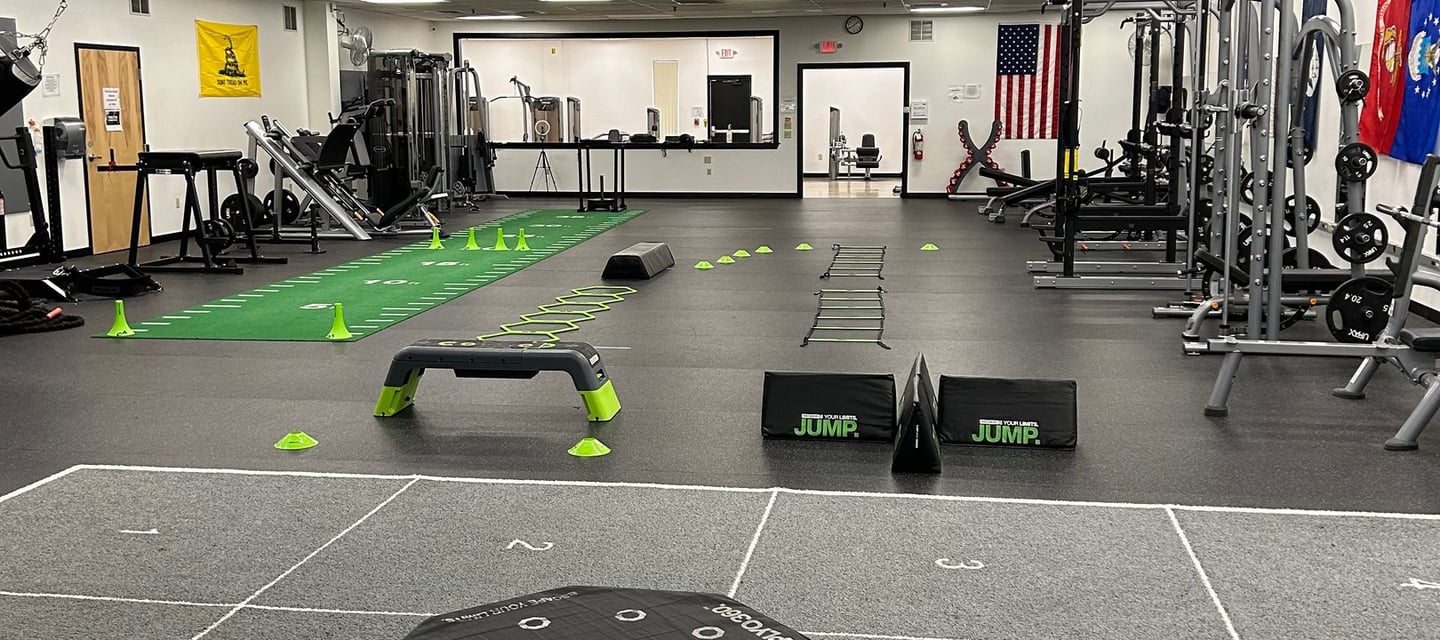Athletic Performance Training..
Unleashing Potential: The Comprehensive Benefits of Athletic Performance Training for Children Ages 7-16
Athletic performance training for children has emerged as a pivotal component in their holistic development. Tailored to meet the unique needs of young athletes aged 7 to 16, this form of training extends far beyond the realm of physical fitness. As children embark on their sports journey, the benefits of structured and age-appropriate athletic performance training become increasingly evident.
1. Physical Fitness and Health:
At the forefront of athletic performance training lies the enhancement of physical fitness. Regular training sessions foster improvements in strength, flexibility, endurance, and coordination. This not only contributes to a child's overall health but also establishes a solid foundation for a lifetime of physical activity.
2. Skill Development:
Structured training programs provide a platform for children to refine their sports-specific skills. Whether it's mastering the perfect soccer kick or developing precise basketball dribbling techniques, targeted training sessions help young athletes hone their abilities, boosting confidence and competence on the field.
3. Injury Prevention:
A key aspect of athletic performance training is the focus on injury prevention. Coaches and trainers implement age-appropriate exercises and techniques to strengthen vulnerable areas, reducing the risk of common sports injuries. This proactive approach not only safeguards children's physical well-being but also instills in them a sense of responsibility towards their bodies.
4. Cognitive Benefits:
Engaging in athletic performance training enhances cognitive functions in children. The complex movements and coordination required in sports stimulate brain activity, fostering improved concentration, decision-making skills, and spatial awareness. These cognitive benefits extend beyond the sports arena, positively influencing academic performance and daily life.
5. Social Development:
Participation in team sports and group training fosters social skills and teamwork. Children learn the value of communication, cooperation, and mutual support as they strive towards shared goals. These interpersonal skills acquired on the field contribute to the overall development of well-rounded individuals.
6. Confidence Building:
Success in sports, coupled with the progressive development of physical and cognitive skills, nurtures a sense of accomplishment and self-confidence in young athletes. Overcoming challenges in training translates to resilience, instilling a belief in their ability to tackle obstacles both on and off the field.
7. Lifelong Healthy Habits:
The habits cultivated through athletic performance training lay the groundwork for a healthy and active lifestyle throughout adulthood. Children who engage in regular physical activity are more likely to carry these habits into their later years, promoting longevity and well-being.
Athletic performance training for children aged 7 to 16 is a multifaceted endeavor that extends beyond the pursuit of sporting excellence. By combining physical fitness, skill development, injury prevention, cognitive enhancement, social growth, and confidence building, this form of training creates a holistic framework for nurturing well-rounded individuals. Investing in the athletic development of children not only shapes their present but equips them with essential tools for a healthy, active, and successful future.
Coach Lee Wilson
Wolf Pack Youth Sports & Development

